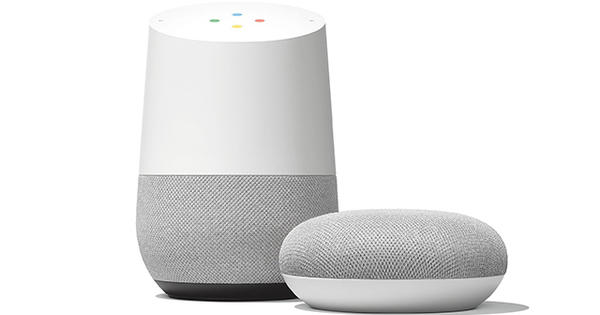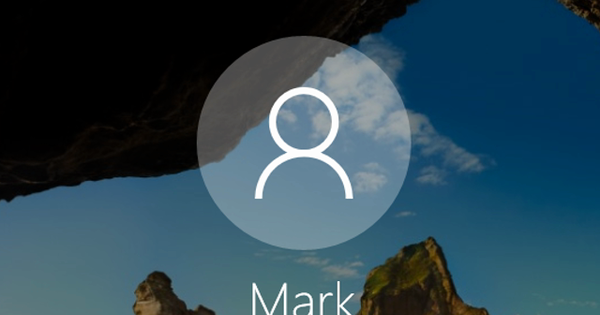One app to rule them all. When it comes to messaging, Facebook has several strong brands. Not only has it incorporated WhatsApp, but Facebook also has a chat service with Messenger and Instagram's built-in messaging function is also gaining ground. The next goal seems to be to merge these three chat applications into one ultimate messenger.
By binding people via chat apps, you make it difficult for them to switch. Apple does it with iMessage: the messaging service prevents many people (especially in the US) from switching to Android by holding them hostage through their conversations. But here too it became painfully clear that it is difficult to get people to switch from chat service when WhatsApp was taken over by Facebook. Calls to switch over to more secure alternatives such as Signal and Telegram failed to change anything.
With this acquisition of WhatsApp, Facebook owns three of the largest messengers: Facebook Messenger, Instagram and WhatsApp. The idea is to create a universal messaging service in which you can send cross-platform messages: you can send a WhatsApp message to a Facebook user, so to speak. The goal of Facebook is to encourage people to make even more contact with each other and thus to bind people even more.
When it comes to making money, Facebook only knows a trick: collecting data and imposing advertisements. For example, attempts to generate a healthy income stream via WhatsApp for Business by making companies pay for their customer service via WhatsApp came to a standstill. Facebook's universal chat app is ideal for the ads. For example, think of the Stories. They are a great success on Instagram and it generates a lot of money to place advertisements between the temporary videos and photos. By copying it one-to-one in Facebook Messenger and even WhatsApp, Facebook tried in vain to monetize the same way. With a universal app, Facebook Messenger and WhatsApp would piggyback on the success of the stories (read: advertisements).
End-to-end encryption
However, there are some challenges. First of all, of course, Facebook has an image problem. The data collection and use have often crossed ethical and legal boundaries. Hesitancy about a new Facebook service (or an old service in a new bag) is understandable.
But it is also technically difficult. WhatsApp uses end-to-end encryption to encrypt the messages. This way no one, not even Facebook, can read the messages. Only metadata can be collected: who has contact with whom, and when. That should mean that both Instagram or Facebook Messenger should also completely switch to this encryption. This makes data collection based on the content of conversations no longer possible for Facebook.
When WhatsApp was acquired, Facebook promised that the messaging app would continue to exist as a separate app.Breaking promises
However, the biggest problem for Facebook is credibility. Which actually isn't that good. When WhatsApp was acquired, Facebook promised that the messaging app would continue to exist as a separate app. That is guaranteed in this plan. At the time of the acquisition, the European Commission stated that Facebook may not share data between the messaging service and Facebook. A promise that was already broken, which led to a fine of 110 million euros.
The plans are still at an early stage, so whether they will go ahead. That's the question. It could also be that Facebook decides not to release the universal chat app in Europe to avoid more fines.


